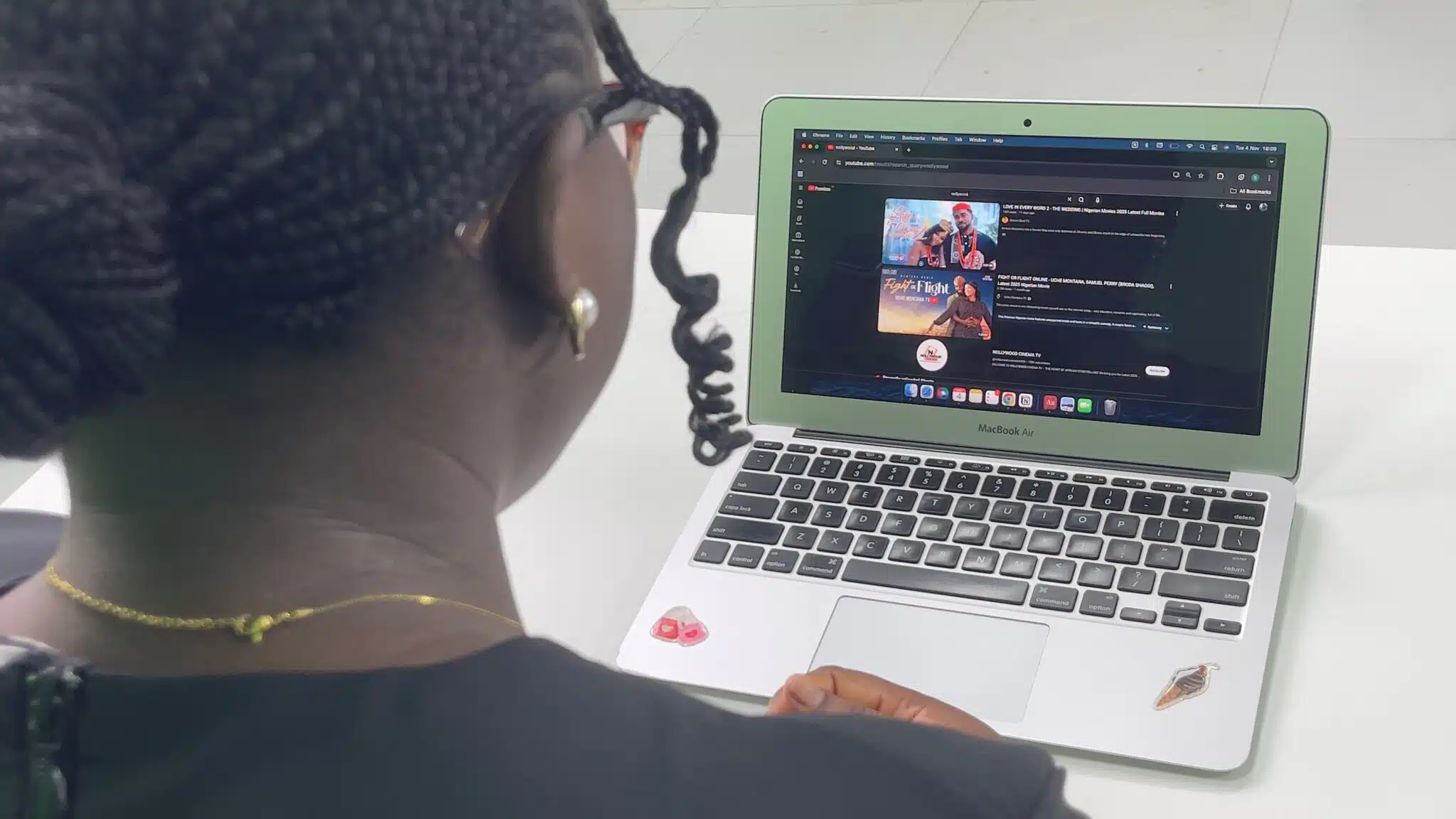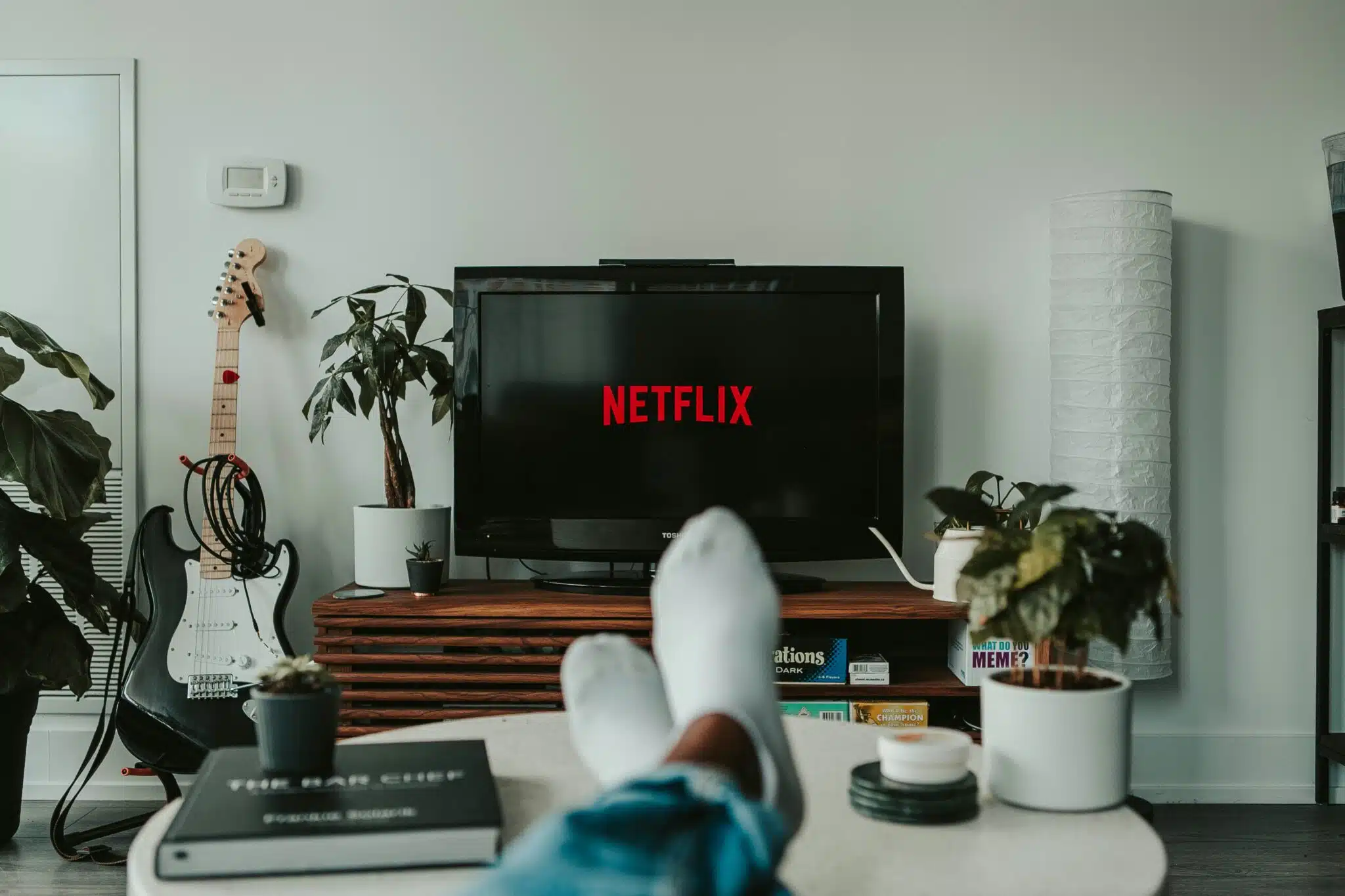Pay-TV has always been a mainstay in African households. At every turn, you could find a DStv or GOtv dish hanging on the roof of a building. While you may still see those satellite dishes poking out on roofs, the number of pay-TV users is on a downward slope globally.
South Africa-owned MultiChoice operates the largest pay-TV enterprise in Africa, with popular brands like DStv and GOtv under its belt, and is not left out of this trend.
Its latest audited financial results for the year ending March 31, 2025, showed that MultiChoice lost 1.2 million subscribers across its markets in Africa. The decline in subscribers, driven by repeated price hikes, inflation, currency depreciation in many African markets, and declining consumer confidence in MultiChoice, has inevitably led to a drop in revenue for the organisation.
In the same period, ending March 2025, MultiChoice Group reported a 9% drop in revenue, primarily due to an 11% decline in subscription revenue. In Nigeria alone, subscription revenue dropped by approximately 44% from $355.93 million in 2024 to $197.74 million in 2025. This is up from the 30% decline in revenue the Nigerian operation recorded in the year ending March 2024.
Is it time for a MultiChoice pivot?
Although pay-TV subscribers in Africa are estimated to reach 55 million by 2029, the drastic decline in subscribers in Africa’s largest pay-TV company reduces confidence in these numbers.
Moreover, a recent report shows that pay-TV revenue will drop by $42 billion between 2024 and 2029, but streaming revenue is expected to grow by $93 billion in the same period.
Taking this into account, it might be time for MultiChoice to adjust its business model from a pay-TV focus and prioritise its streaming business.
Olayode Agboola, Faculty in Analysis of Business Problems and Business Ethics at the Lagos Business School, asserts that for MultiChoice to survive, the company must adapt.
“MultiChoice’s trajectory reflects a business that established early market dominance and successfully expanded into platform diversification. However, it now finds itself contending with a far more fragmented, price-sensitive, and mobile-first audience.

Victoria Fakiya – Senior Writer
Techpoint Digest
Stop struggling to find your tech career path
Discover in-demand tech skills and build a standout portfolio in this FREE 5-day email course
“From a strategic perspective, the challenge is no longer just about maintaining relevance but about how decisively and imaginatively the company can adapt to the evolving digital environment,” Agboola tells Techpoint Africa.
MultiChoice’s success in streaming despite losses in pay-TV suggests that more people are leaving traditional pay-TV in favour of streaming.
In the same period in which the company lost millions of pay-TV subscribers, it saw a 38% increase in DStv stream subscribers, with revenues rising 48%. The company also recorded a 44% year-on-year increase in active paying Showmax subscribers.
While many may argue that the shrinking subscriber numbers and subscription revenues are a result of economic hardships across Africa, essentially making it more difficult for people to pay for the service, the uptick in streaming subscribers and revenue tells a different story, suggesting that users may be reluctant to pay for DStv and GOtv services.
The increasing adoption of streaming is logical. Streaming platforms like Netflix, Amazon Prime, and Showmax give users access to more varied and recent entertainment at a fraction of the cost of most pay-TV offerings. The cheapest DStv and GOtv packages, which do not cover many of their offerings, are ₦4,400 and ₦1,900, respectively, while the cheapest Showmax package, which gives users access to all streaming content, is ₦1,600.
If MultiChoice prioritises Showmax over the next few years, it could become intense competition for Netflix and Amazon Prime on the continent.
The company’s potential for leading streaming on the continent is strengthened when its exclusive sports streaming licences are taken into account. MultiChoice has the rights to stream sports events like the English Premier League, La Liga, Serie A, UEFA Champions League, Bundesliga, Ligue 1, and Formula 1 through SuperSport on DStv and GOtv.
On Showmax, MultiChoice streams only the English Premier League (EPL), which should ideally give them an advantage in the streaming market, thanks to a huge EPL fanbase on the continent.
Sports streaming is increasingly becoming more mainstream. In November 2024, Netflix exclusively streamed a boxing match between Jake Paul and Mike Tyson. The streaming giant also has several other sports agreements, including a ten-year annual agreement to air WWE Raw, a three-year contract to stream NFL games, and a five-year partnership to stream the 2027 and 2031 FIFA Women’s World Cups.
While MultiChoice is currently considering unbundling SuperSport into a separate subscription package, an alternative strategy could be to capitalise on its sports offerings to grow its Showmax audience.
“MultiChoice’s original business model was anchored in a vertically integrated structure. It controlled content through platforms like SuperSport, M-Net, and Africa Magic. That model, while still functional in areas with limited broadband access, is no longer sufficient as a core growth strategy. Available market evidence suggests that the future of content consumption is increasingly digital and mobile.
“It would be strategic, therefore, to accelerate the development of Showmax into a market-leading streaming platform that combines affordability, local relevance, and data efficiency,” Agboola says.
Nevertheless, prioritising streaming comes with its issues. For starters, the data costs associated with streaming may deter viewers from adopting it quickly.
Marie Lora-Mungai, Founder & CEO at Restless Global, argues that although global Pay-TV is on the decline, it will die a much slower death in Africa as it remains significantly cheaper and more accessible for the mass market.
“Data cost and low Internet penetration are still limiting the spread of streaming services outside urban centres. The infrastructure reality in much of Africa still favours satellite and terrestrial distribution over internet-dependent streaming,” Lora-Mungai tells Techpoint Africa.
Additionally, in markets like Nigeria, where MultiChoice has a huge subscriber base, data tariffs have been significantly increased, hence making the cost of data a more pronounced barrier to choosing streaming.
The Canal+ factor
French media and entertainment company, Canal+, recently received conditional approval from South Africa’s Competition Tribunal to acquire MultiChoice’s remaining shares for $2 billion.
While this acquisition offers several benefits to Canal+’s business, including expanding its business beyond Francophone Africa into Anglophone Africa, for MultiChoice, the benefits are even more significant.
Canal+ brings to MultiChoice decades of experience successfully running pay-TV and streaming platforms globally. Hence, it has the needed expertise in global pay-TV trends that could stop MultiChoice’s subscriber bleed.
The deal will bring in capital, giving MultiChoice the chance to invest more in new ideas and projects. This could help the company slow down the decline in its pay-TV business and speed up the growth of its streaming service, Showmax.
Canal+ also has an extensive library of movies, series, and shows, thanks to its StudioCanal production arm. Combining this content with MultiChoice’s popular local shows could give customers in Africa even more to watch.
This, coupled with MultiChoice’s deal with HBO to stream HBO shows on Showmax, gives the company an advantage in the streaming market.
Canal+ could either revive MultiChoice’s pay-TV model or transform its streaming business, but the company’s plans for MultiChoice following the acquisition remain to be seen.











